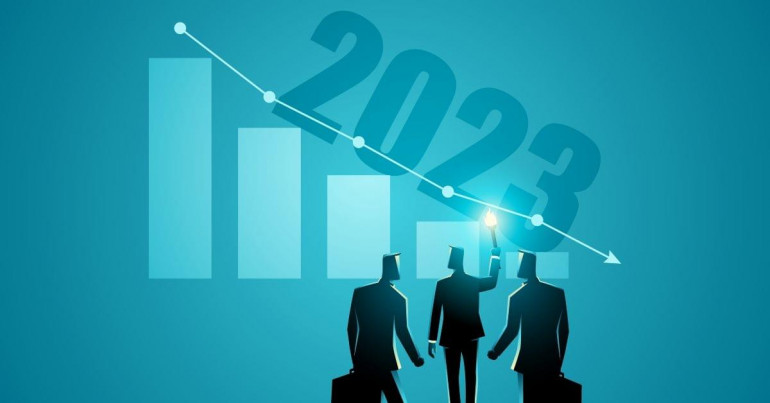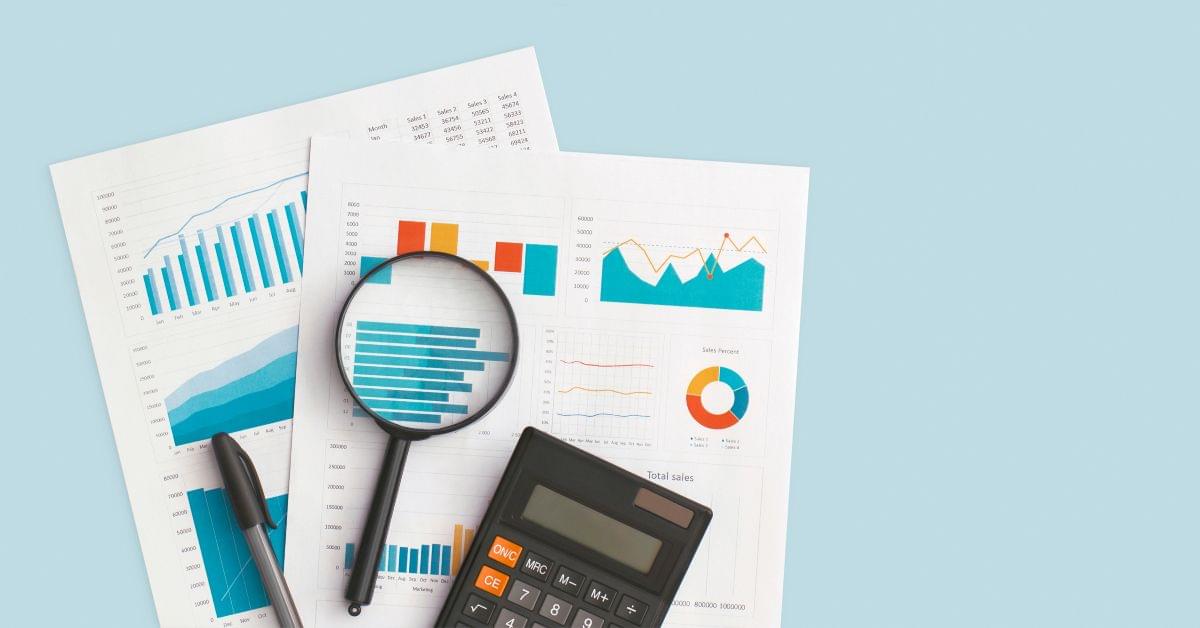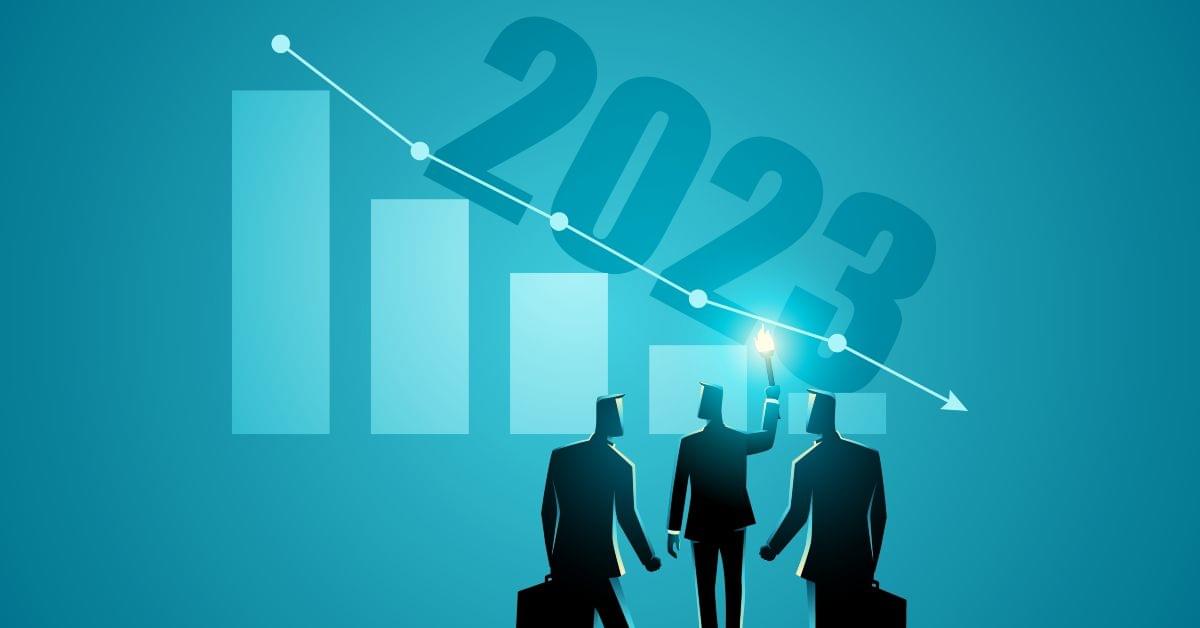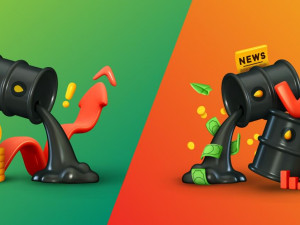
Inflation in the UK has been noticeably high in the last year, particularly for people living through the cost of living crisis. The inflation rate is currently at 10.1% according to the Bank of England, which is off their target of 2%. In the US, inflation has started to go down, dropping to around 6% in February of 2023, but it is still off the universal 2% ideal.
The Bank of England has stated that they expect inflation to go down in the middle of 2023. This is based on their prediction that the energy crisis has eased up, as well as the effects of raising interest rates, which should continue throughout 2023.
They have predicted they will be able to reduce inflation to below 3% by the end of the year, and then continue onwards to their target of 2%. The prediction is based on their interest rate plan, which is their only method of slowing inflation.

What caused inflation to happen?
Inflation happens for many complex reasons, some of which economists still argue about. To learn about the specific factors behind what causes inflation, read our article on inflation and its impact on the economy.
While the cause of inflation is never certain, this current rise in inflation in the UK has some perceptible triggers. In 2022, the energy crisis was hugely damaging, and caused ripples all over the world. Demand for oil and gas shot up as most people emerged from lockdown and resumed normal life. This energy crisis combined with Russia’s invasion of Ukraine (which meant Russian oil and gas were off limits), meant that energy was scarce, which caused the inflation rate to increase.
Ukraine was also a supplier of wheat and other exports to many countries. As these farms have been left unattended, this has put pressure on global food supplies, which the governor of the Bank of England described could be “apocalyptic”.
When will inflation end?
Inflation will never ‘end’, but it will ideally return to a stable level; the ideal level being 2%. Theoretically, the rise of inflation will stop when the above issues have been dealt with, as they will bring stability to the economy and therefore the curbing of inflation.
According to the National Institute of Economic and Social Research (NIESR), the inflation rate is set to come down in 2023 (matching the Bank of England’s prediction) and has already shown strong indications of doing so. The NIESR has noted that “the world economy seems to have adapted to the dislocation caused as supply chains are re-routed, and the effect seems to be abating and is not getting as bad as some had feared”.
Therefore, inflation may not have been as pressing an issue as previously thought, and the recovery of the world economy has promoted some optimism.
Will inflation go down naturally?
Unfortunately, inflation tends to spiral if the government or central bank doesn’t acknowledge it and step in. This is because as things become more expensive, the lack of purchasing power has a knock-on effect. If people begin to realise that things will be more expensive in the future, but can still borrow money at the same rate, then spending will begin to increase as people want the best for their money, and can borrow money to get those things.
To stop this, banks will raise interest rates so it will be more expensive to borrow money, and any outstanding debts such as mortgages will most likely go up. This is what the US and UK have done in the last year.
Inflation may come down in the middle of 2023, but this is simply a prediction – nobody knows for certain when it will actually happen. As inflation is caused by unpredictable events, we can’t know if anything might happen during 2023 that will increase inflation even further. But if things remain stable, 2023 should see at least some decrease.
How will inflation affect me?
Inflation is always happening, which is healthy for an economy, as a state of deflation can actually be damaging – deflation means that prices will drop and things will become cheaper.
However, inflation rising too quickly will affect everyone in different ways and to different degrees. If your income mainly comes from a salary, then most of your effects will be felt from the rise in the cost of living; your bills and expenses will increase, but your salary will stay the same. It can also affect certain things such as bond yields, which are important for pensions and investments, so you might be negatively affected in this way too.
How will inflation affect businesses?
Under inflation, prices rise, which means that most employees will want a raise to match the cost. This will be a blow to any business as if they do not facilitate the demands of the workers, then they might lose their workforce and struggle to fill the positions left vacant.
Businesses are also affected by supply pressures as they pay more to buy materials and products. They may have to wait longer until stock becomes available, and also face increased shipping costs and times. Supply shortages for raw materials are common, and can cause huge knock-on effects on an economy, which can halt certain sectors and cause big problems for businesses.

Inflation in 2023
It is estimated that inflation will go down in mid-2023. However, nothing is certain and a black swan event can always occur – something entirely unpredictable that could have catastrophic consequences for an economy.
In order to survive an economic downturn, it is important to make sure you have sufficient savings in place to keep yourself on track, as any interest rates on your debts will most likely rise.
It is also important to ensure you’re saving where you can, such as with money transfers. Please check out our tools for business as well as personal currency transfers to make sure you’re getting the best deal without any hidden costs.
Caleb Hinton
Caleb is a writer specialising in financial copy. He has a background in copywriting, banking, digital wallets, and SEO – and enjoys writing in his spare time too, as well as language learning, chess and investing.



